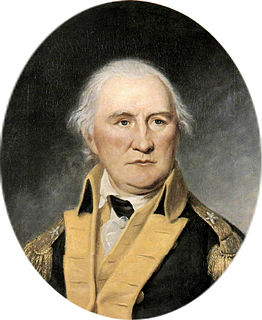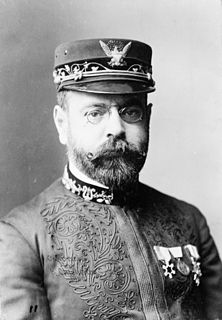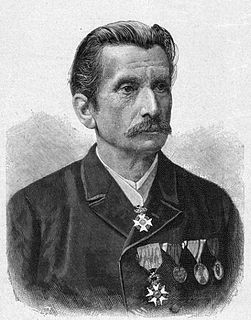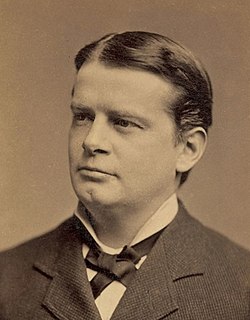A Quote by Malcolm X
How could there be any difference between The Messenger and me? I am his slave, his servant, his son. He is the leader, the only spokesman for the Black Muslims.
Related Quotes
When my son, James, was doing homework for school, he would have five or six windows open on his computer, Instant Messenger was flashing continuously, his cell phone was constantly ringing, and he was downloading music and watching the TV over his shoulder. I don’t know if he was doing any homework, but he was running an empire as far as I could see, so I didn’t really care.
Many years ago, our father Ibrahim (AS) made a choice. He loved his son. But He loved God more. The commandment came to sacrifice his son. But it wasn't his son that was slaughtered. It was his attachment to anything that could compete with his love for God. So let us ask ourselves in these beautiful days of sacrifice, which attachments do we need to slaughter?
The feeling of patriotism - It is an immoral feeling because, instead of confessing himself a son of God . . . or even a free man guided by his own reason, each man under the influence of patriotism confesses himself the son of his fatherland and the slave of his government, and commits actions contrary to his reason and conscience.
Well, every man has a religion; has something in heaven or earth which he will give up everything else for - something which absorbs him - which may be regarded by others as being useless - yet it is his dream, it is his lodestar, it is his master. That, whatever it is, seized upon me, made me its servant, slave - induced me to set aside the other ambitions a trail of glory in the heavens, which I followed, followed with a full heart. ...When once I am convinced, I never let go.
Some would define a servant like this: 'A servant is one who finds out what his master wants him to do, and then he does it.' The human concept of a servant is that a servant goes to the master and says, 'Master, what do you want me to do?' The master tells him, and the servant goes off BY HIMSELF and does it. That is not the biblical concept of a servant of God. Being a servant of God is different from being a servant of a human master. A servant of a human master works FOR his master. God, however, works THROUGH His servants.






































